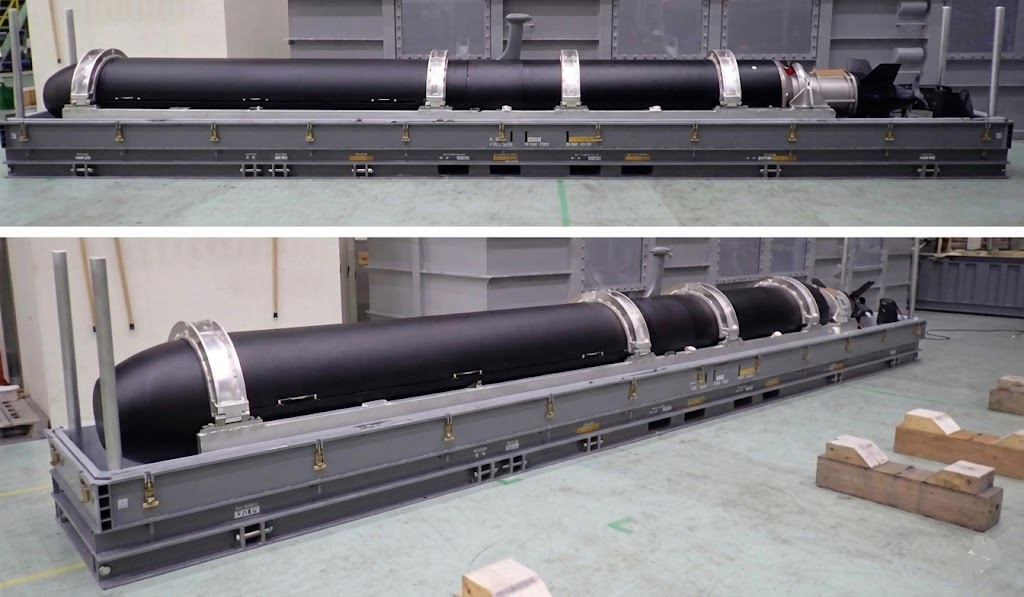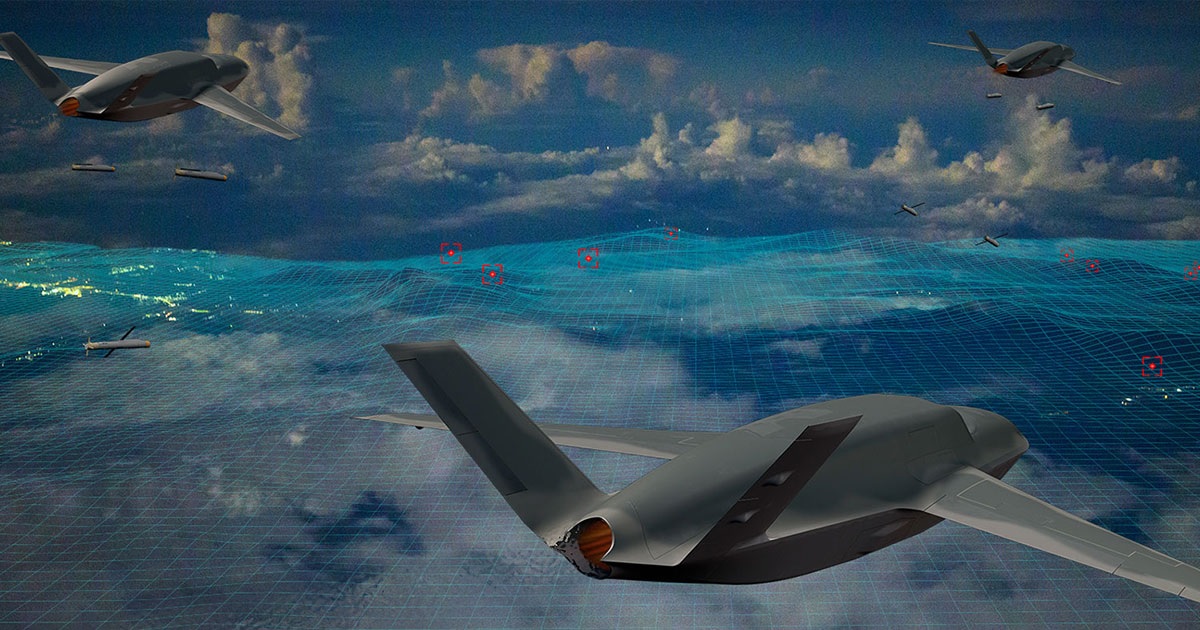ArianeGroup and Avio Sign New Deal to Build Ariane 6 and Vega C Components Until 2029

Europe’s space industry received a significant boost this week as ArianeGroup and Avio announced a sweeping industrial contract extending through 2029, covering the large-scale production of key Ariane 6 components, the next-generation P160 boosters, and crucial oxygen turbopumps for the Vulcain engine. The agreement also expands cooperation between the two companies by establishing a wider commercial framework for the mutual supply of components for both Ariane 6 and Vega C, Europe’s primary heavy- and medium-lift launch vehicles.
Agreement Secures Long-Term Launcher Production
The joint venture Europropulsion, owned equally by ArianeGroup and Avio, will produce the P160C solid rocket motors for the operational phase of Ariane 6 and Vega C. The contract ensures P160C production until 2029, supporting Europe’s plans for stable and predictable access to launch services.
The P160C, developed by both companies, serves as the common booster for Ariane 6 and the first stage of Vega C. It provides higher thrust and improved performance compared to previous boosters. The system is undergoing qualification in 2025, with its first planned use on an Ariane 6 mission in Q2 2026, expected in the four-booster configuration designed for heavier payloads.
Industrial Synergies Strengthen Europe’s Launch Sector
Beyond booster production, the contract creates new synergies across the European launch ecosystem:
-
Avio will deliver additional liquid oxygen turbopumps for the Vulcain engine, powering Ariane 6’s first stage.
-
ArianeGroup will supply specialised components and equipment for Vega C, ensuring smoother production flows and reducing dependency on external suppliers.
This interlinked industrial arrangement is designed to enhance cost competitiveness, increase production efficiency, and safeguard Europe’s long-term launch capabilities across commercial, governmental, and scientific missions.
Leaders Emphasize Cooperation and European Autonomy
Giulio Ranzo, CEO of Avio, praised the agreement:
“Avio and ArianeGroup are very satisfied to have signed a broad industrial agreement, seeking to capture synergies between Ariane 6 and Vega C to improve technology, performance, and cost competitiveness. Their joint venture Europropulsion, now over 30 years old, remains a fundamental building block of Europe’s capabilities to access space.”
Martin Sion, CEO of ArianeGroup, highlighted the importance of the P160C:
“The ramp-up of Ariane 6 is in full swing. The arrival of the P160C motor opens a new chapter for Ariane 6 and Vega C. The agreement demonstrates once again that cooperation is key to ensuring a competitive and autonomous European access to space.”
Broader Context: Europe’s Push for Launch Independence
The announcement comes at a pivotal time for Europe:
-
The continent is transitioning from Ariane 5 to Ariane 6, with the heavy-lift gap putting pressure on strategic missions.
-
Vega C is preparing for its return to flight in 2025 after earlier setbacks.
-
Competition from U.S. commercial launch providers, as well as increasing capability from China and India, has intensified.
Securing long-term production of boosters, engine systems, and launch-critical components is essential to protect Europe’s independent access to orbit and stabilise its institutional launch schedule.
A New Chapter for Ariane 6 and Vega C
With the P160C entering production, Ariane 6 approaching full operational readiness, and Vega C moving toward its relaunch, the new ArianeGroup–Avio agreement reinforces Europe’s path toward launch resilience.
The contract marks not only a production milestone but also a renewed commitment to collaboration, efficiency, and technological advancement across Europe’s space-launch ecosystem—ensuring a stable and competitive European presence in space through the end of the decade.
About the Author
Aditya Kumar:
Defense & Geopolitics Analyst
Aditya Kumar tracks military developments in South Asia, specializing in Indian missile technology and naval strategy.






